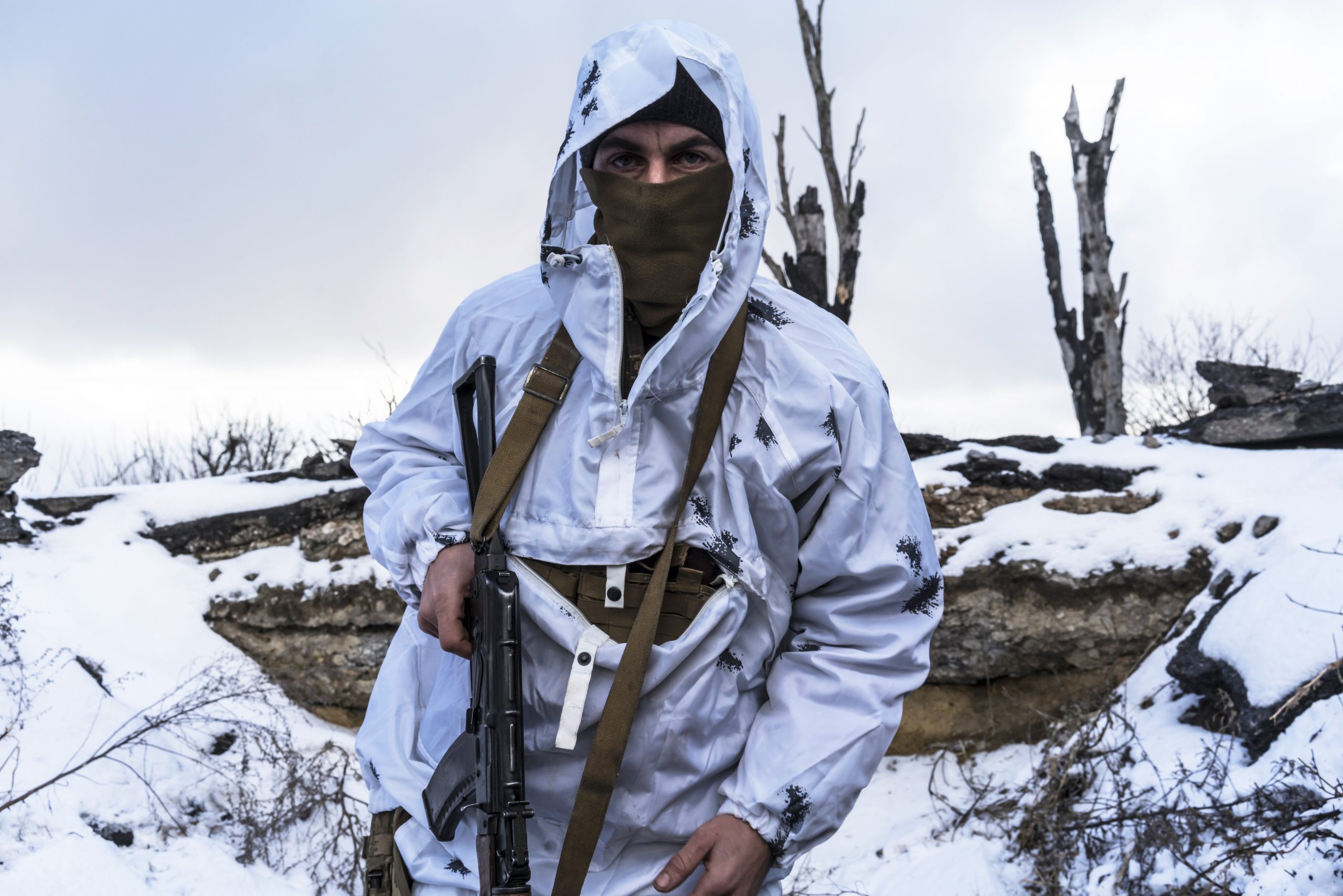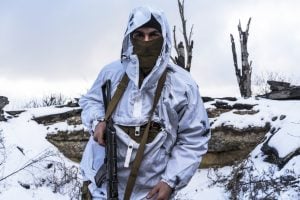Ukraine – What’s Going On?
Published: 27th January 2022
Updated: 4th January 2023
Published: 27th January 2022
Updated: 4th January 2023
Why is Ukraine in the news? Late last year, Russia began positioning around 100,000 soldiers on its border with Ukraine. In recent weeks, more Russian troops have begun gathering in Belarus, which is a Russian ally. Western leaders say the Russians are sending Navy vessels to the Black Sea for a possible invasion of Ukraine’s south coast.

Why is Russia sending troops there?
Russia says it wants to know Ukraine won’t join NATO (the North Atlantic Treaty Organisation). NATO is an international organisation which guarantees the freedom of its member countries. Russian president, Vladimir Putin, thinks that if Ukraine joins, it will give the USA and its allies (supporters) too much power right next to their borders. Russia has also demanded NATO removes all troops from Bulgaria and Romania.
NATO members and others are against the build-up of troops and any invasion of Ukraine. They argue that Ukraine should be free to do what it wants and Russia shouldn’t interfere. Western leaders say if Ukraine wants to join NATO, it should be free to do so. NATO has responded to what it calls “Russian aggression” by moving troops, fighter jets and ships to its eastern borders.

Are world leaders trying to resolve the crisis?
Yes. There are talks between Russia, the USA and other countries to try to stop any war. US President Joe Biden has held talks with Russian leader Vladimir Putin. It’s thought that, if a Russian invasion of Ukraine does take place, NATO will not respond with direct military support. But Russia is likely to face economic punishments from other countries.
Where is Ukraine?
Ukraine sits between Russia and the central European countries of Romania, Slovakia and Poland. To the north is Belarus. From 1919 until 1991, Ukraine was part of the Soviet Union (also known as the Union of Soviet Socialist Republics – USSR). This was a giant country formed after the Russian Revolution began in 1917. In total, it was made up of 15 states. All of them became independent when the Soviet Union collapsed in 1991. These former Soviet states include Lithuania, Latvia, Estonia and Kazakhstan.
Russia was the biggest power inside the Soviet Union. Many Russians lived and worked in other Soviet countries. There are still large Russian communities in many of these countries, including Ukraine.
What was the Cold War?
The Soviet Union was very powerful. After the Second World War, another global conflict began, known as the Cold War. But this wasn’t a normal war. The main countries involved didn’t fight each other, but there was always tension because both sides feared the other would try to invade them or, worse, launch a nuclear war and wipe them out.
The Cold War saw the Soviet Union and many eastern European countries, like Poland and Hungary, pitted against NATO which included the USA, Canada, UK, and other western European countries, like France and West Germany. The Cold War ended in 1991, when the Soviet Union collapsed.
But isn’t NATO still in existence?
Yes, very much so. Although it was set up at the start of the Cold War, NATO didn’t break up when the conflict ended. In fact, it has expanded.
In 2004, former Soviet states Estonia, Latvia and Lithuania joined NATO. Russia was not happy about this. It meant that an organisation that it considered an enemy now had troops on its eastern border. The decision to allow former Soviet states to join NATO also upset Russia because, back in 1990 and 1991, many western leaders assured the Russians they would not look to expand NATO eastward.
What happened to Ukraine after the Cold War?
Since independence after the collapse of the Soviet Union, Ukraine has mostly been quite friendly towards Russia. But some Ukrainians want to be closer to the European Union and to join NATO. When an uprising in early 2014 forced the pro- Russian president of Ukraine to quit, it seemed the country might change direction and become very pro-Western. Putin acted fast, and sent in Russian soldiers to take control of Crimea. This region of southern Ukraine used to be part of Russia. It remains under Russian control today.
Russia also sent its troops to support pro-Russian rebel fighters in their war against Ukrainian government forces in the eastern part of Ukraine. This conflict, which began in 2014, is ongoing. There are many Russian speakers in eastern Ukraine who prefer to be close to Russia, not the West. But western leaders say that is no excuse for Russia to wade in and support a war.